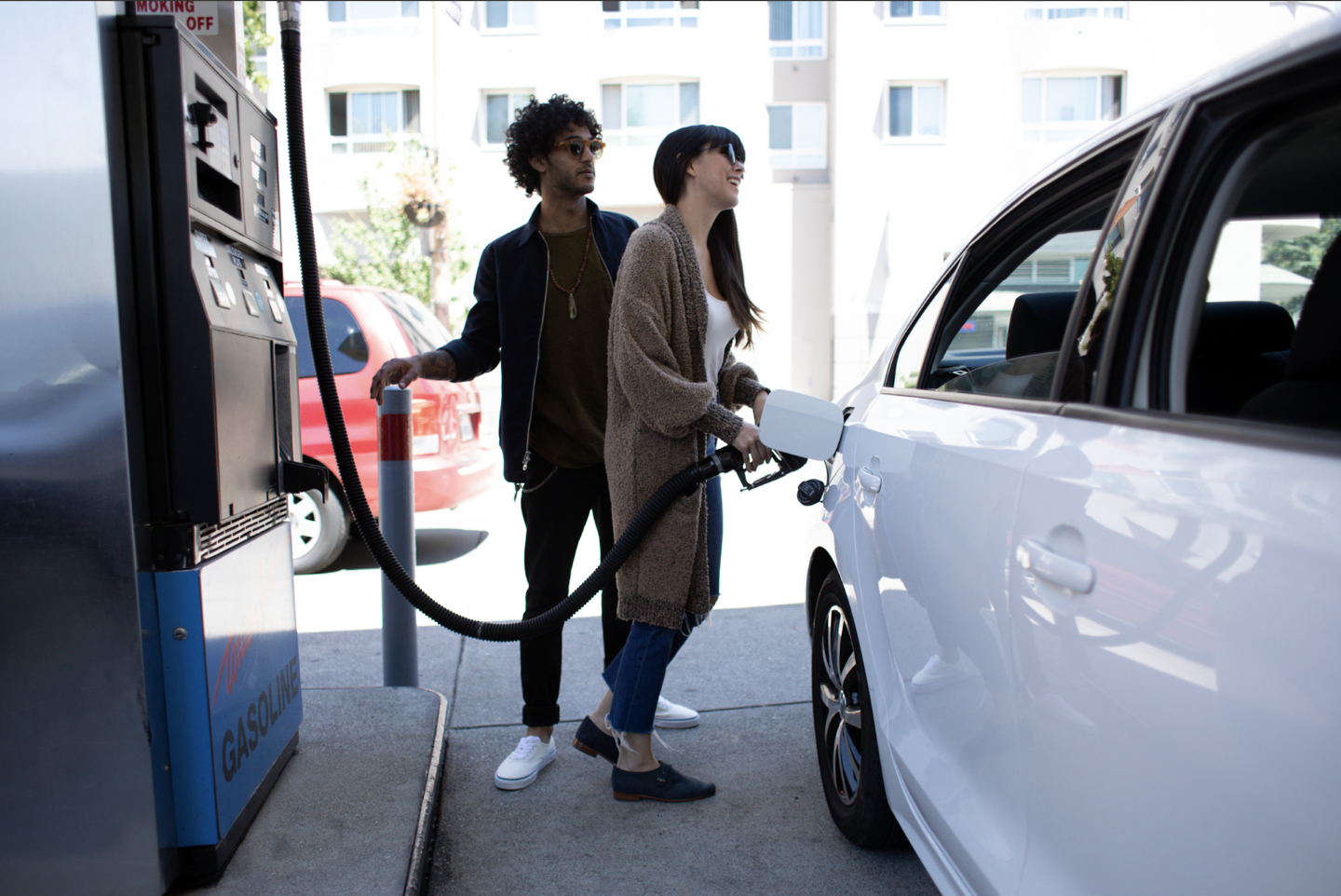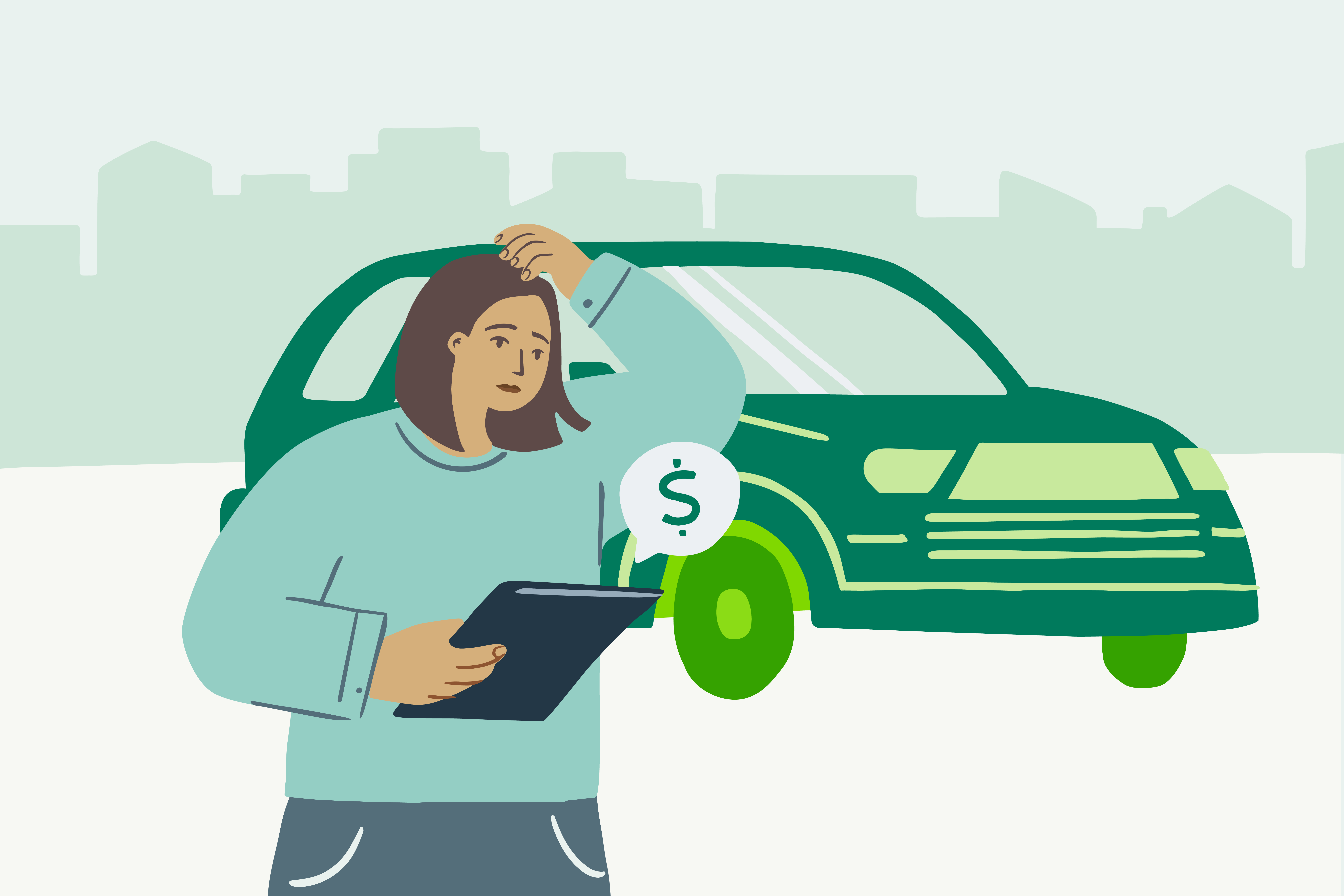Exploring the effects of distracted driving on car insurance premiums
May 11, 2023
The
National Highway Traffic Safety Administration (NHTSA) shared alarming statistics in 2020 on distracted driving. Out of the five million reported crashes—ranging from minor vehicle damage to fatal—13 percent were due to distracted drivers. To put it into perspective, that’s nearly 680 thousand accidents.Distracted driving is more than just driving with a phone in your hand. It’s anything that could potentially take away your attention from the road (we’ll get into this later). Driving distraction-free is necessary to keep you, and others safe.
At HiRoad, we talked a lot about distraction and its effects on your driving. But have you considered how distracted driving could impact your car insurance rate? As a telematics-based insurer, we’ll share some insights on the impact these dangerous driving behaviors may have on your insurance rate.
Types of distracted driving
It's completely understandable to hear "distracted driving" and immediately assume texting while driving. And while that is undoubtedly a distraction on the road, there are other types of distracted driving that we want to clear up for you.
Visual distractions
Have you had a moment where you’re distracted by something visually while driving? This could be fireworks in the sky, deer on a nearby hillside or simply trying to find your exit off the freeway.
But, visual distractions don’t happen solely outside of your car; some of the more common visual distractions happen
inside of the vehicle. Take your infotainment system. Often found as a touchscreen on your car’s dashboard, an infotainment system houses your listening options, climate preferences and other features.Devices in your car can be a visual distraction for many drivers that may also contribute to other forms of distractions on the road.
Manual distractions
You can think of manual distractions as anything that takes your hands off the wheel. Before you think, “cellphone”, consider these other forms of manual distractions:
Adjusting the radio or temperature
Eating or drinking while driving
Reaching for things in the car
Cognitive distractions
While not intentional, cognitive distractions are a form of distracted driving that takes your mind away from driving safely. Focus is a key component to driving distraction-free, and when things get in the way to pull our attention or thoughts away from the task at hand—it's, well, distracting.
Some common cognitive distractions could be talking to your passengers, listening to a podcast or audiobook, speaking to someone on the phone, or simply feeling stressed, tired and lost in thought.
With all of these different types of distractions, how can they impact your car insurance premium? Let’s connect the dots.
How distracted driving impacts car insurance rates
Distracted driving may feel like a reach as a factor in car insurance premiums, so our insurance crew at HiRoad has some insight.
Whenever you look for new car insurance and apply for a quote, most insurers will pull driving history reports such as a Motor Vehicle Report (MVR). This nifty record shares your driving history with insurers to provide you with an accurate quote. Your driving history could show anything from traffic violations to prior accidents.
Accident history
Let’s say these reports show a history of prior accidents that may or may not have been caused by distracted driving—you may be at a higher risk of having future accidents. As a result, car insurance companies may factor that risk of future accidents into a higher car insurance premium. Here’s how it breaks down:
Past car accidents caused by distracted driving = increased risk for future accidents and costly claims = a potential premium hike
Traffic violation history
Car insurance companies use your driving history reports to determine how many citations you've had for distracted driving, speeding and more.If you’ve had multiple citations (tickets) for these dangerous driving behaviors, insurers may equate that to risk, which can mean one thing: a higher premium to pay.
So when you think about it, distracted driving in a roundabout way does impact car insurance premiums, which is why driving without distractions is a great practice to implement if you’re looking to save on your car insurance bill.
Stay focused, avoid distracted driving
Let’s face it, staying focused while driving is no easy task. Whether you’re just trying to get a few sips of coffee on your way to the office or a new parent managing a newborn in the back seat—distractions are everywhere.
At HiRoad, we recognize the challenge of driving distraction-free, but here are some of our favorite tips that can help lead drivers, like you, drive focused on the road:
Get organized before you leave
Prep your playlist
Use your phone's settings like 'Do Not Disturb' to turn on automatically while driving
Avoid eating while driving
Ask passengers to keep the volume low and asks to a minimum
Take deep breaths and stay calm
Safe driving habits like driving distraction-free have more benefits than helping you stay safe from Point A to B. Usage-based insurance (UBI) and behavior-based car insurance utilize the power of telematics to shape a customer’s premium on how they drive, not who they are.
As a behavior-based car insurance, HiRoad takes the telematics technology found within your cellphone to recognize your smart driving behaviors (driving less distracted, traveling at a safe speed, etc.) and reward you with monthly savings on your car insurance bill.
Rewarded for distraction-free driving with HiRoad
The connection between distracted driving and car insurance premiums isn’t always straightforward—at least not as obvious as inflation and car insurance—but understanding how your driving behaviors can impact your premium can go a long way toward saving money on your car insurance bill.
HiRoad rewards its customers for driving safely and distraction-free behind the wheel. When you drive focused and pay attention to the road ahead, you could save up to 50%* off every month on your insurance bill.
A safe drive and saving some money in the process? In our book, that’s a win-win.
The information in this article was obtained from various sources not associated with HiRoad®. While we believe it to be reliable and accurate, we do not warrant the accuracy or reliability of the information. HiRoad is not responsible for, and does not endorse or approve, either implicitly or explicitly, the content of any third party sites that might be hyperlinked from this page. The information is not intended to replace manuals, instructions or information provided by a manufacturer or the advice of a qualified professional, or to affect coverage under any applicable insurance policy. These suggestions are not a complete list of every loss control measure. HiRoad makes no guarantees of results from use of this information.
*The discount applies to the variable portion of your premium. A fixed expense is added to that to determine your final premium.
Stay on the path
Get HiRoad in your inbox
Share your email to get the latest about our community of mindful drivers.



